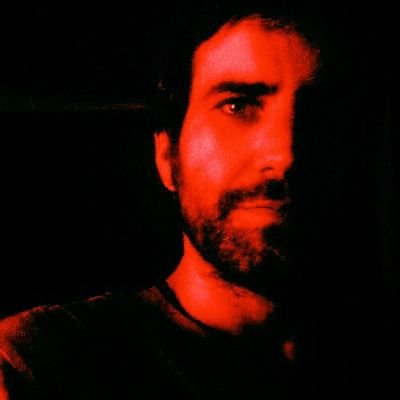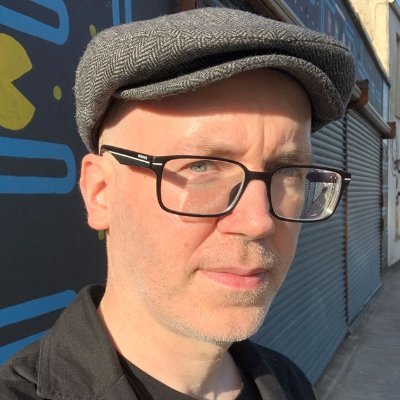Co-presidents (elected in 2022):

Victor Navarro-Remesal (Tecnocampus, Universitat Pompeu Fabra, Mataró, Barcelona)

Kieran Nolan (Creative Arts Research Centre, Dundalk Institute of Technology)
Committee
The History of Games steering committee assists local organizers in the planning of their event. It acts as a gateway to a network of relevant experts in order to ensure the quality of the peer review process. It will also use this network to disseminate CFPs and information about each new event in the series.
Anyone who takes part in the event series, as organizer or participant, can come forward to be a member of the committee, and stay active within it for a maximum of three terms (a term being measured by the timespan between two conferences).
The committee elects an executive team who acts as the official point of contact.
Each region gets one vote in the election process, no matter how many members are active in the various clusters. Regional representation is an ongoing priority of this organization. We also want to acknowledge the importance of representing the diverse groups and individuals who take part in gaming culture and heritage work within the composition of our steering committee. History of Games strives for gender parity, as well as LGBTQ+, BIPOC and neuroatypical representation in its committee, as it would be greatly beneficial to the development of this conference series, but some of these goals remain difficult to achieve, especially in the current context. Feel free to contact us if you want to exchange ideas and insight on these issues.
The organization seeks to grow by including even more regions as research develops on a global scale, and make sure that conferences alternate between different localities.
Central and South America
Christiano Britto Monteiro (Universidade Federal Fluminense, Rio de Janeiro), Bruno de Paula (IOE, University College London), Emmanoel Ferreira (Universidade Federal Fluminense), Helyom Viana Telles (Instituto Federal Baiano), George Coelho Seabra (Universidade Federal do Tocantins), Fernando Silvio Cavalcante Pimentel (Federal University of Alagoas)
North America
Rebecca Y. Bayeck (Emma Eccles Jones College of Education and Human Services
Utah State University), Logan Brown (Media School/Luddy School of Informatics, Computing, and Engineering, Indiana University), Dany Guay-Bélanger (Université de Montréal), Rachael Hutchinson (University of Delaware), Sylvain Payen, Carl Therrien (Université de Montréal)
Nordic countries
Thomas Apperley (CoE GameCult, Academy of Finland), Jaakko Suominen (University of Turku)
Western Europe
Charlotte Courtois (Université de Montréal), Bruno de Paula (IOE, University College London), Jaume Esteve (Universidad Complutense de Madrid), Riccardo Fassone (Università degli Studi di Torino), Victor Navarro-Remesal (Tecnocampus, Universitat Pompeu Fabra, Mataró, Barcelona), Kieran Nolan (Creative Arts Research Centre, Dundalk Institute of Technology), Yannick Rochat (Université de Lausanne)
Central and Eastern Europe
Patryk Wasiak (Instytut Historii PAN, Warsaw)
Central and Western Asia
Farzad Parsayi
Eastern and Southeastern Asia
Souvik Mukherjee (Centre for Studies in Social Sciences, Calcutta), Bora Na (Communication Research Center, Yonsei University, Seoul), Akinori Nakamura (Ritsumeikan University), Jung Yeop Lee (Soonchunhyang University)
Oceania
Hugh Davies (RMIT University), Cynde Moya (Swinburne University), Farzad Parsayi
Africa
Please contact the co-presidents if you are interested in representing Africa on the steering committee.